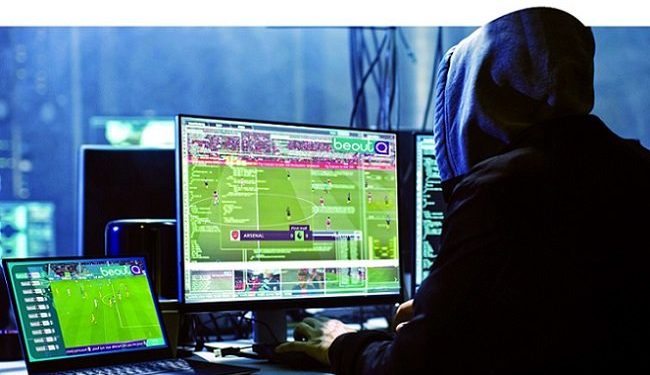
The British Minister of Commerce Liz Truss expressed her country’s concern that beoutQ network, broadcasted from Saudi Arabia, continued to steal media content.
“We’ve taken it directly up with Saudi Arabia… We will make sure that we always work to protect our vital intellectual property, both in any trade deals we strike and also at the WTO,” the British Minister said.
For his part, British Parliamentarian Angus MacNeil, chair of the International Trade Select Committee, called on the British government to suspend the Saudi purchase of the famous English club Newcastle because of the Kingdom’s involvement in the illegal broadcast of beoutQ network, and its violation of intellectual property rights.
Under the recent WTO rule, the UK government must now play its part in protecting the exports of our intellectual products by investigating the way in which beoutQ works and the circumstances of its launch and support,” McNeill said in a letter to British Secretary Truss.
He added, “Quite simply, if Saudi Arabia is unwilling to play by the rules of international law, then it should have no role in the future of UK sport.”
On June 16th, the World Trade Organization issued a ruling against Saudi violations of intellectual property rights due to the piracy carried out by the beoutQ channel for the broadcast of Qatar’s beIN Sports.
The Conflict Resolution Committee concluded that Saudi Arabia had violated the WTO law, and that it “must correct its measures to become in line with its obligations to the agreements of the organization.”
The organization stated that the beoutQ channel is located in Saudi Arabia, and Riyadh turned a blind eye to its beIN Sports piracy, noting that Saudi Arabia violated international intellectual property law according to evidence provided by FIFA.
According to a definition of the commission published on its website, it aims to “regulate the areas of intellectual property in the Kingdom, and support, develop, care, protect, enforce, and advance them in accordance with international best practices.”
After a week of the decision, the Saudi Intellectual Property Authority said that it had detected 231 websites that violated intellectual property rights regulations and browsed them inside and outside the Kingdom.
The governmental body pointed out that those sites included a group of violations that are considered a violation of copyright, and were submitted to the competent authorities to take official action on them.